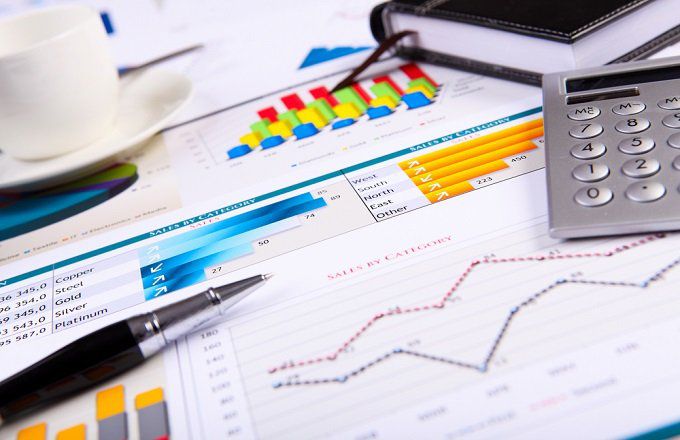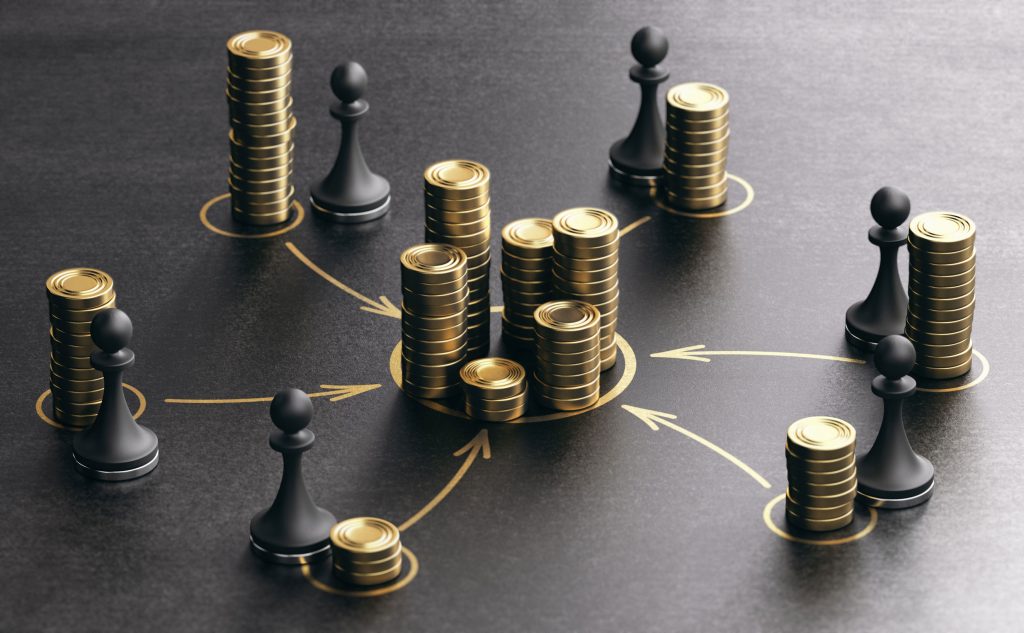Investing in individual commodities can be risky; so many people are hesitant to do so. However, the introduction of exchange-traded funds has lowered the entry barrier for investing in commodities, allowing a more comprehensive range of investors to participate.
Investments in commodities provide a diversification benefit beyond stocks and bonds and can be used as a hedge against inflation. Market uncertainty boosts demand for commodities like silver and palladium, safe havens.
Exchange-traded funds focused on commodities provide a low-risk way to invest in one or more commodities. Investment in a single commodity carries its unique dangers, as doe’s direct participation in commodities futures contracts, which can be difficult for novice investors to understand.
The United States Natural Gas Fund, LP

To trade futures and options in commodities, UNG is set up as a commodity pool, a private investment organization that pools investor contributions. By investing in natural gas futures, the fund can benefit from fluctuations in the commodity's market price.
More specifically, it puts money into futures contracts that expire in the first month after the investment is made. This makes the fund better suited to short-term traders, as it is more vulnerable to the adverse effects of contango. Possible inflation protection is another selling point.
United States Gasoline Fund LP
Similarly, UGA is organized as a commodities pool. Its primary function is to monitor changes in fuel prices. The ETF provides buyers with exposure to futures contracts on reformulated gasoline blendstock for oxygen blending (RBOB) and other gasoline-related commodities, allowing them to speculate on price increases in gasoline.
Forwards and swap contracts are another possible investment option for the fund. 5 Not likely to appeal to those constructing a long-term, buy-and-hold portfolio, it allows investors to adopt a short-term tactical tilt toward a single section of the energy market.
Invesco DB Energy Fund
DBE follows the same model as the aforementioned mutual funds in that it is a commodities pool. Light sweet crude oil, RBOB gasoline, and natural gas are just a few commodities whose futures contracts it purchases.
The purpose of this index is to mirror movements in the Excess Return component of the DBIQ, which is composed of futures contracts on widely traded energy commodities.
It's a simple and low-effort option for investors to obtain exposure to energy commodity futures markets. Since the fund's primary objective is to generate returns from investments in highly volatile markets, it may not be appropriate for all investors.
The Basics of Investing in Commodities

Commodity trade predates stock and bond trading by centuries. It was a crucial enterprise that connected many different communities. Commodities have been widely used as a form of investment since the earliest recorded transactions involving spices and silks, and the markets on which they are now traded have not lost their appeal.
There are numerous entry points for interested investors in the commodity market. Those looking to get their hands on commodities can do so in one of two ways: either by purchasing the actual commodity itself or by investing in a company that trades in commodities, a mutual fund that invests in commodities, or an exchange-traded fund that invests in commodities.
Benefits
Among the many advantages of commodity investing is the safety it provides against inflation. Inflationary periods with high demand for commodities typically lead to higher prices. Commodity prices tend to increase when the U.S. dollar falls since this is an intelligent bet against the weakening greenback.
Unique Risks
Remember that commodities, especially funds that track a single commodity or a specific area of the economy, are notoriously riskier than other investing options. Investors in futures should keep in mind that the market is very speculative. Contracts for the future are based on the underlying commodity's or index's performance. This might affect the contract's performance, giving the investor a negative difference.
When is a Good Time to Invest in Commodities?
The ideal timing to purchase commodities is a myth. Buying commodities before periods of high inflation is an intelligent investment strategy since commodities provide a buffer against inflation, but it is challenging to forecast when inflation will occur.
An investor's time horizon and risk tolerance should be considered when deciding whether to invest in a commodity. If you have a long-term investment view, you should always buy a commodity when its price is low, and its future outlook is positive based on fundamentals.
Summary
Commodities, like any other investment, have their unique dangers. Still, they may be an excellent way to diversify your portfolio if you take the time to learn about the many facets of the commodity you choose to invest in.
Commodities such as platinum, palladium, silver, cotton, and food items, including coffee, corn, oats, wheat, soybeans, and sugar, are all viable options. It is essential to conduct your homework or work with a knowledgeable broker before making any financial commitments.




